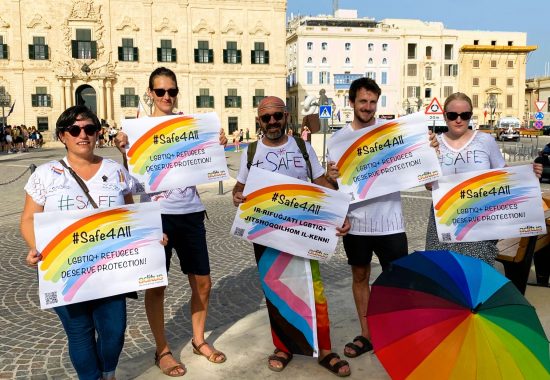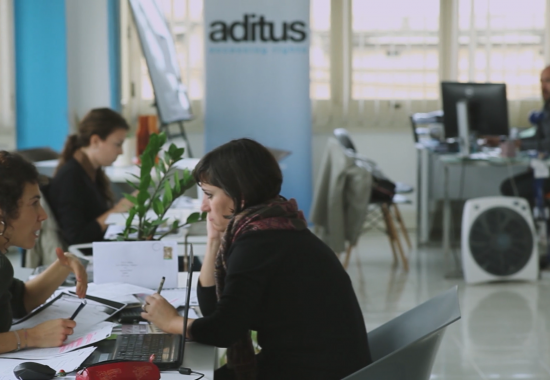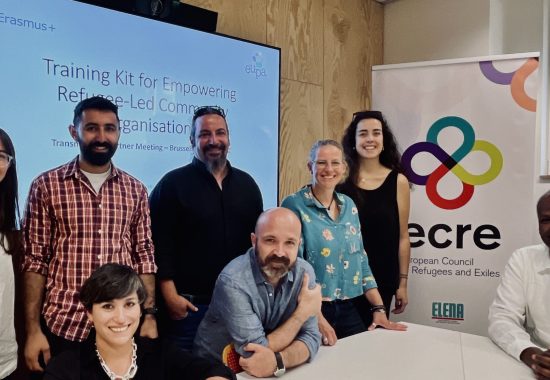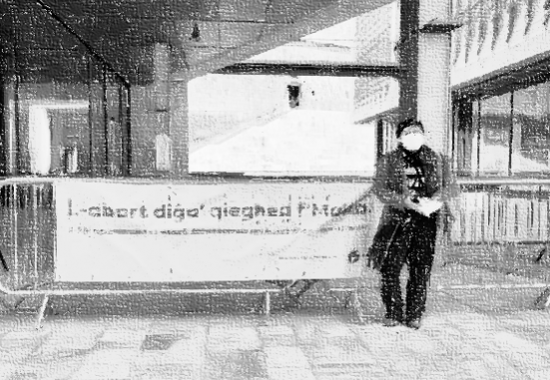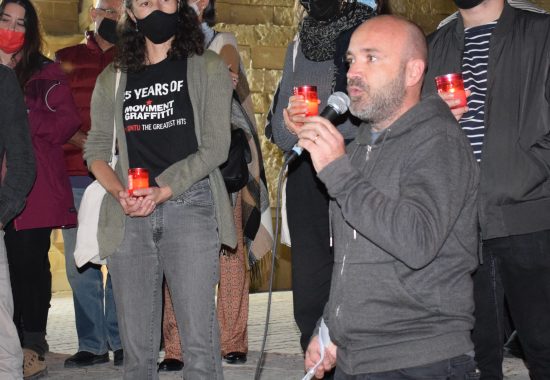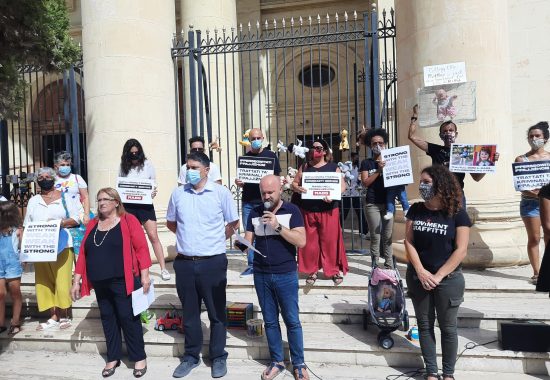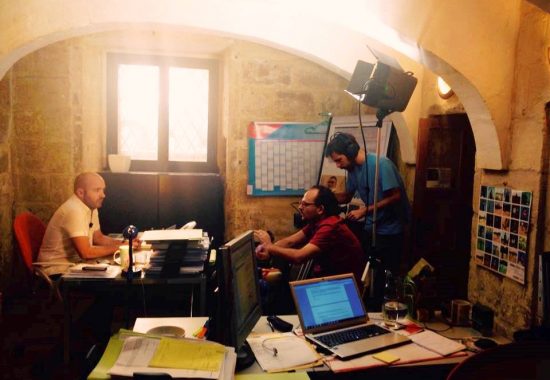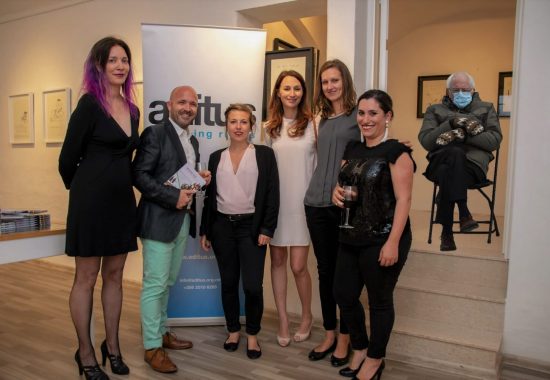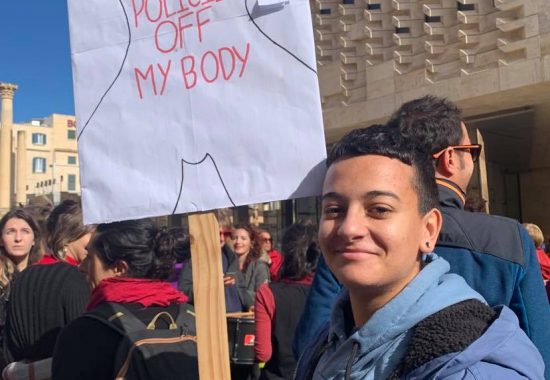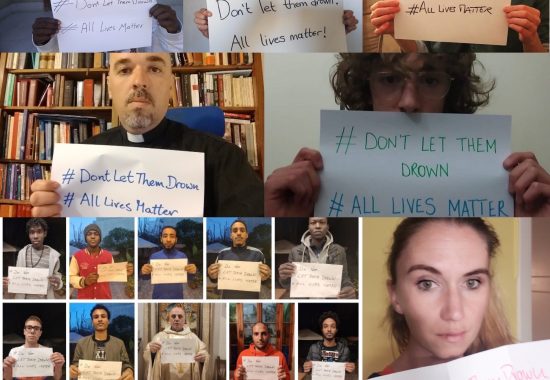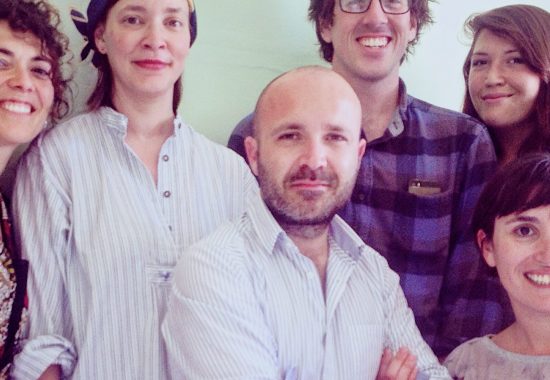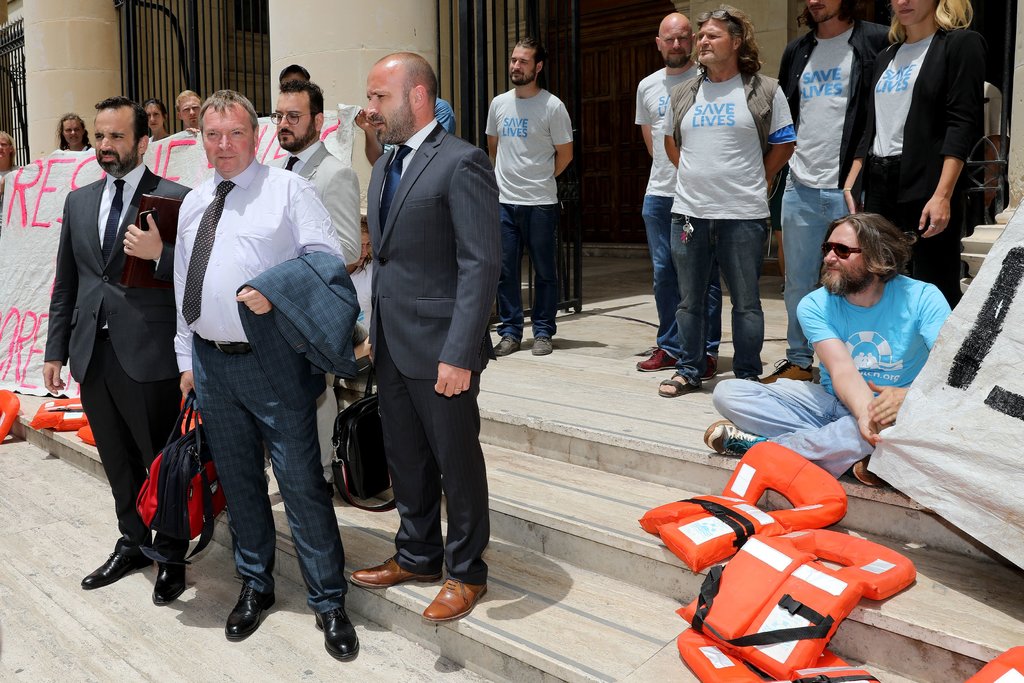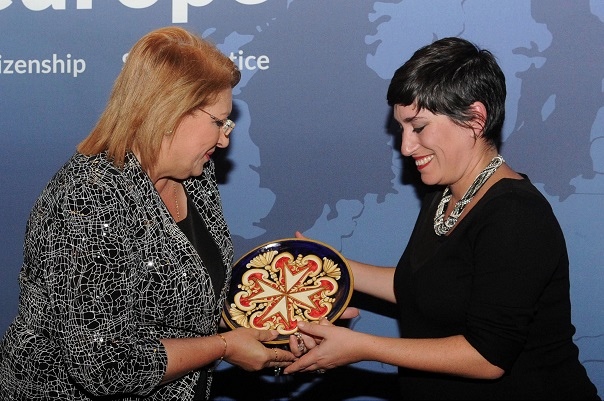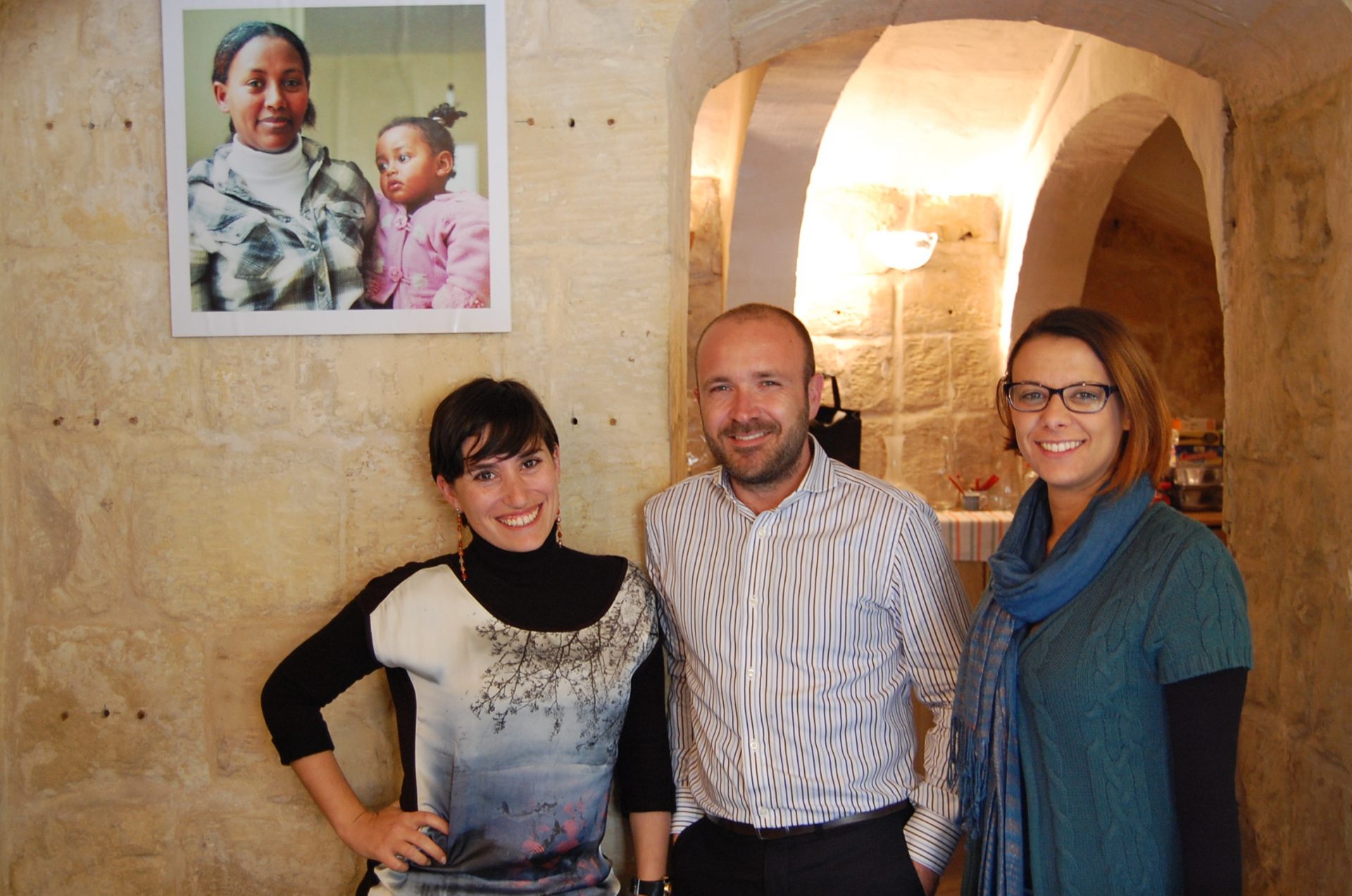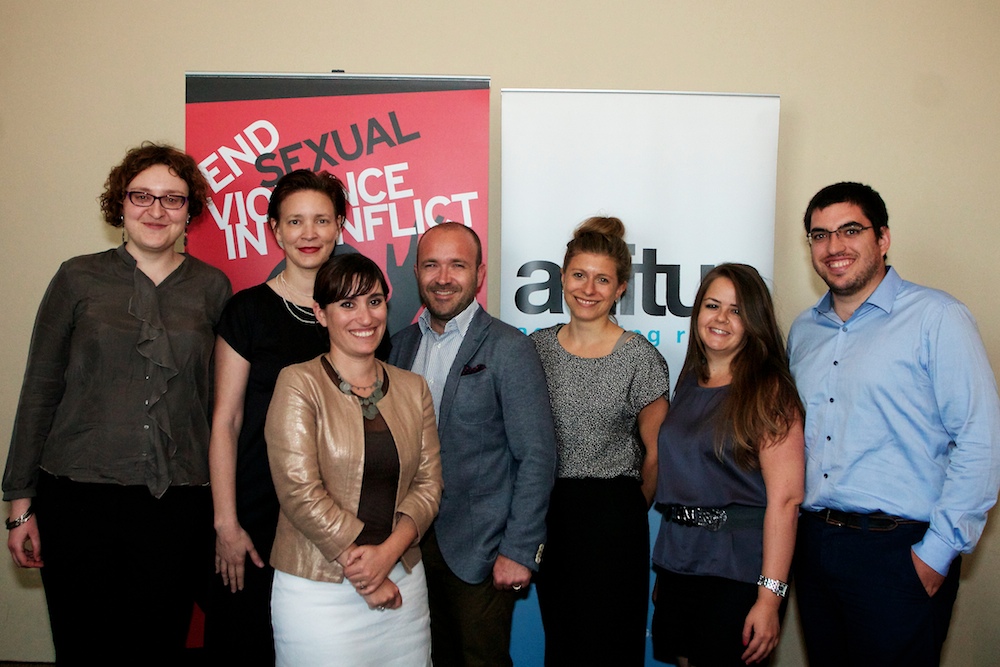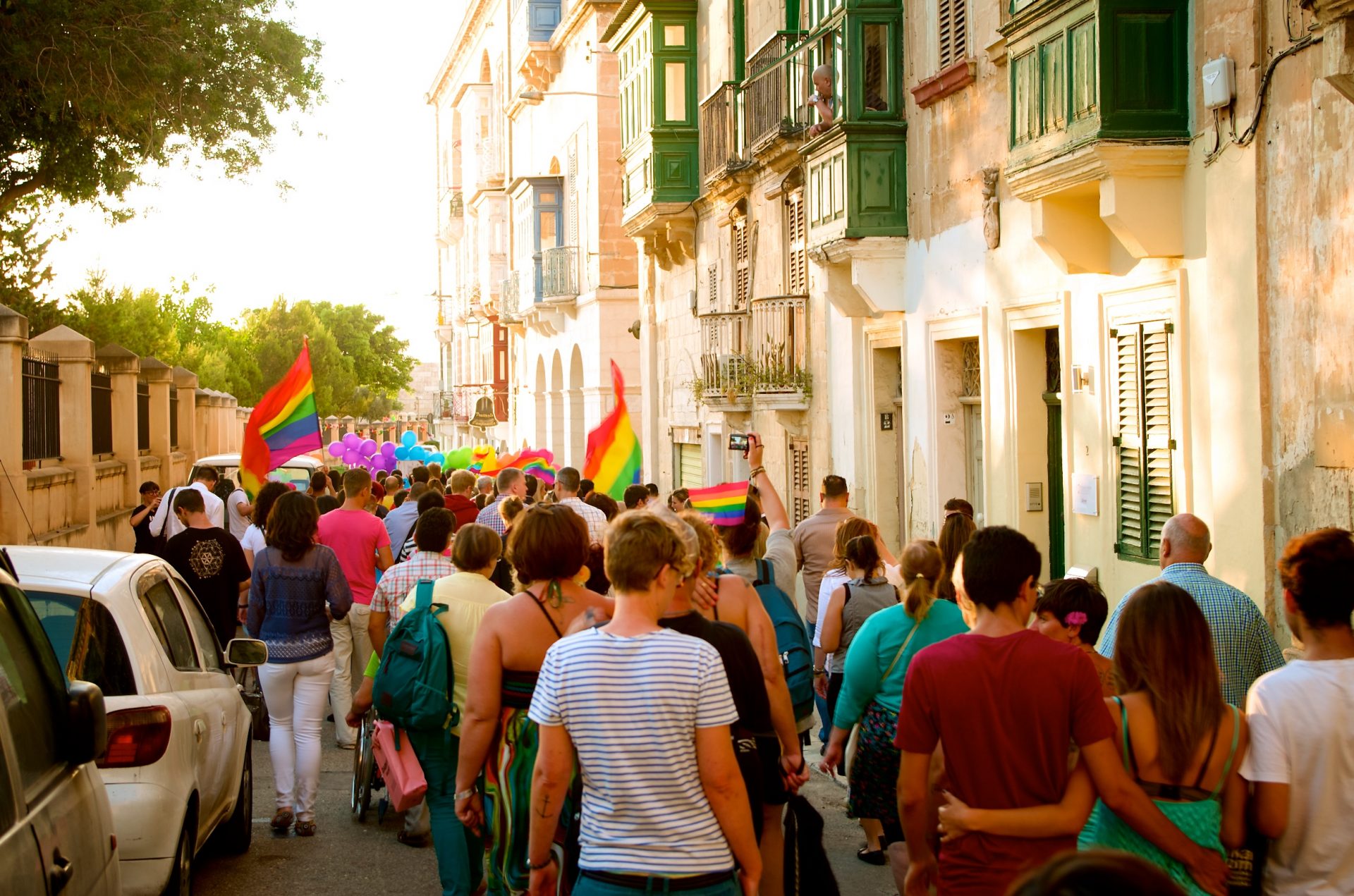aditus foundation was established as a human rights NGO working towards a society where all persons in Malta may enjoy all their fundamental human rights, and have access to remedies where necessary.
What is a human rights NGO?
A non-governmental organisation is an entity that is independent from the State. This means it has no direct link to the State, either in terms of how its Board members are appointed or of how it establishes its priorities and working procedures. NGOs are generally constituted by groups of persons sharing a common interest, with the main aim of pursuing that goal together.
Human rights NGOs are organisations established with a vision to improve a human rights situation. They could be focused on particular groups of people, such as children or refugees, or on specific themes such as mental health or disability. In generally, human rights NGOs have a core mission that directs their activities.
Why aditus foundation?
Within this general approach, our advocacy initiatives target areas where we feel legal or policy changes are necessary and where our contribution can make a difference. In all this, we work closely with several partners: governmental and non-governmental; national, European and international. On our About Us page you can see a list of our membership within international and regional networks.
Through our Pro Bono Unit, we focus our energies and resources on the most vulnerable communities by offering information, empowerment support and interventions. Everyone is welcome to seek our assistance, and whilst we try to meet all demands we must prioritise those that are most urgent in terms of vulnerability, risk factors, and financial means.
What human rights issues do we look at?
A lot of our work is gathered within projects, also since most NGO funding opportunities tend to be project-oriented. However a very large percentage of our work is not contained within a project, but happens in response to current situations or due to advocacy targets that we feel are necessary to achieve.
How do we prioritise themes to work on? Every 2 years our team, in consultation with key partners, assesses the national situation in terms of what’s happening, upcoming challenges and opportunities, existing stakeholder presence, potential for impact, and resource requirements. It is in this discussion that we develop our Strategic Plan covering 2 years of operations.
This exercise also allows us to establish internal goals for our constant improvement in terms of efficiency and transparency.
Our mission calls us to monitor, report and act on access to human rights in Malta. These are our three pillars of action.
Here we explain how we translate these action words into concrete activities and initiatives.

